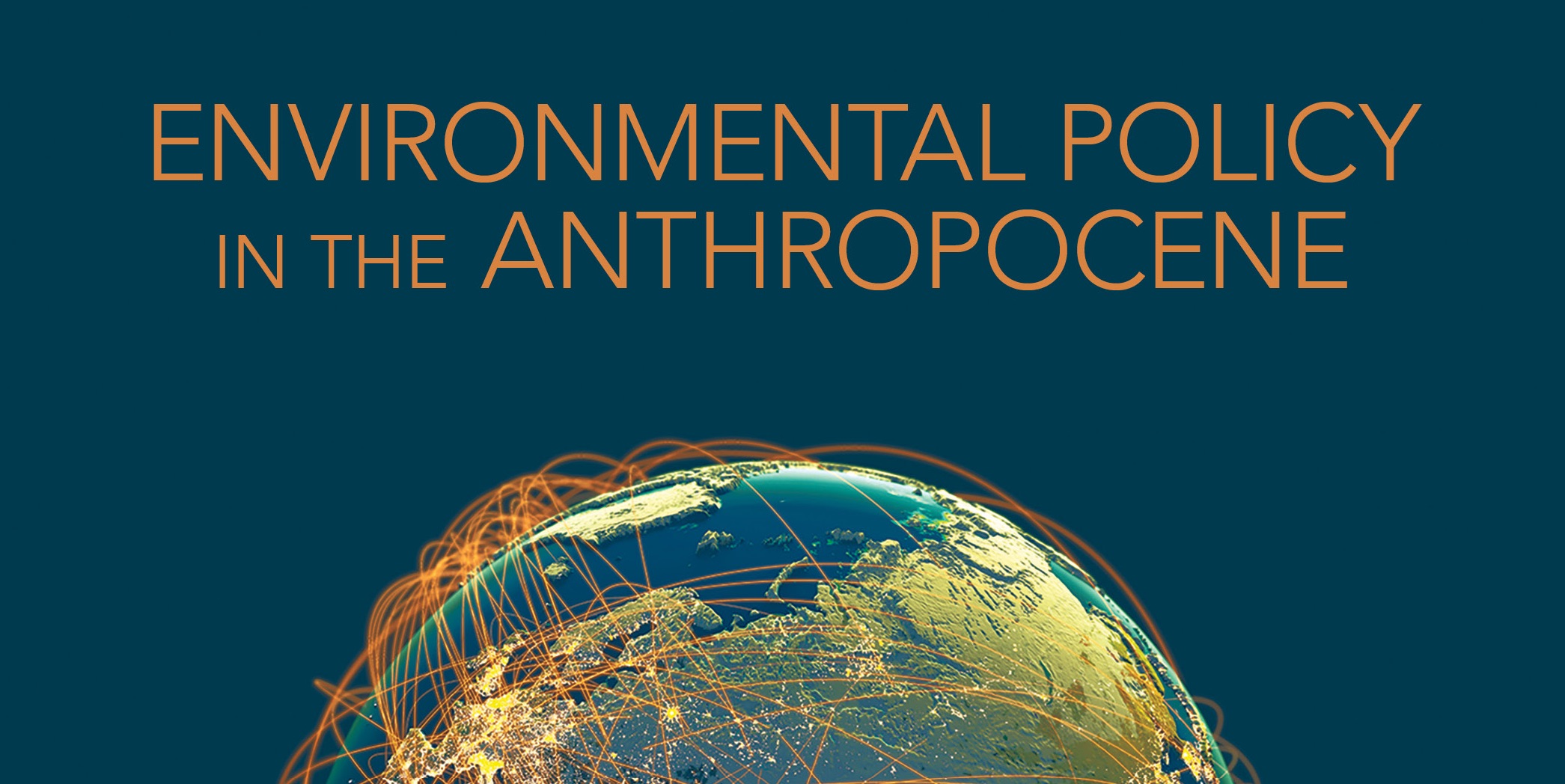Published in Environmental Policy in the Anthropocene (PERC, 2016). Download this full chapter here.
“Stationarity is dead.” So declared the authors of a widely cited Science article on water management. In the 21st Century, resource managers can no longer operate under the assumption that “natural systems fluctuate within an unchanging envelope of variability.” Long-standing assumptions about the operation of natural systems would have to be revised due to climate change and other anthropogenic influences on environmental systems. Resource decisions could no longer be guided by models that rely upon the past to predict the future. The inevitable and-yet-uncertain ecological changes wrought by climate change would demand the development of more adaptive and resilient approaches to environmental management.
Climate change brought the need for more adaptive approaches to environmental management to the forefront of environmental policy discussions. Yet the emerging reality of climate change is not the only reason more dynamic and resilient approaches to environmental protection are necessary. Stationarity was never a sound premise for ecological management. Ecologists have long recognized the dynamic nature of environmental systems, but their counsel had not been heeded. If the need for more adaptive and resilient approaches to environmental management has become urgent, it is perhaps because the need was ignored for so long. If stationarity is dead, perhaps it never existed.
Most of today’s environmental laws and programs are based upon outmoded assumptions about the relative stability of natural systems when free of human interference. Scientists have understood for decades that ecosystems are anything but stable. To the contrary, ecosystems are incredibly dynamic and change over time due to both internal and external forces. An ecosystem is the “paradigmatic complex system,” exhibiting dynamic and discontinuous behavior. To be effective, therefore, environmental management systems must themselves be sufficiently adaptive.
Noted ecologist Daniel Botkin argues that “solving our environmental problems requires a new perspective” of environmental concerns that incorporates contemporary scientific understandings and embraces humanity’s role in environmental management. Recognizing a new perspective is but the first step, however. There is also a need to identify how this perspective can inform environmental policy, not just on the ground but in the very institutional architecture of environmental law and management. Then comes the really hard part, for even if it is possible to conceive of how environmental management should proceed, it may be devilishly difficult to put such ideas into practice. Old habits die hard. Legal and institutional norms die even harder.
Accounting for dynamic nature may require revisiting conventional notions of environmental protection and the underpinnings of environmental law and management. This presents an enormous challenge. Conventional approaches to environmental management may be unable to heed dynamic environmentalism’s call so long as they are confined by contemporary notions of fair administrative process, whether such constraints are the product of norms, statutes or even the Constitution. The challenge of recognizing dynamic nature as such implicates the very foundations of contemporary environmental law and policy.
Part I of this chapter provides a brief overview of how contemporary ecological science has upset traditional notions of ecology, emphasizing the dynamic nature of natural systems. Part II explains how the dominant approach to environmental protection, as constrained as it is to begin with, is a particularly poor fit for the management and protection of dynamic ecological systems. Part III provides a brief overview of “adaptive management,” the dominant management approach suggested to accommodate the dynamic nature of natural systems. Part IV then identifies some of the obstacles to (and opportunities for) adaptive management in environmental law. The aim here is to identify potential avenues for further study and analysis more than to define or delimit the prospects for adaptive management in environmental law.




